![]() Accounting is as fundamental to business as a shelving system is to a library. The wheels of commerce are indeed oiled by accounting with noteworthy implications. Precise and talented accountants can mean the difference between an audit and sailing smoothly into the future. They play key roles:
Accounting is as fundamental to business as a shelving system is to a library. The wheels of commerce are indeed oiled by accounting with noteworthy implications. Precise and talented accountants can mean the difference between an audit and sailing smoothly into the future. They play key roles:
- Tax preperation
- Payroll services
- Routine Audits
- Compliance
- Corporate Valuation
- Advisor roles for organizations and high-net worth individuals
- Prosecuting of financially-related crimes
- Being thought leaders on efficiency and how to maximize profits
- And many other tasks
Accountants work in a wide variety of roles, all the way into the C-Suite and the top levels of governmental agencies. And while some accountants do specialize in “crunching the numbers,” a whole slew of others focus on areas as diverse as management, regulatory compliance, education, advisorial roles, and more.

Featured Schools
Here at MBACentral we’ve taken deep dives into a wide range of MBA concentration types, but few are as valuable (or popular) as accounting MBAs.
Accounting MBAs can help to prepare you for the most popular accounting certifications — like the CPA — can lead to accounting management positions, can help graduates move into financial analyst positions, and can even prepare graduates to move all the way up the ladder to chief finance officer positions. After all, MBAs are some of the most versatile degrees on the planet.
Think you might be interested in an accounting MBA? Be sure to check out MBACentral’s top picks for accounting (and related) MBA programs below:
- The Best Online Accounting MBA Degree Programs
- The Best Online Forensic Accounting MBA Degree Programs
- The Best Online Finance MBA Degree Programs
- The Best Online MBA Degree Programs
Still deciding? Be sure to continue down our guide to figure out what you can do with an accounting MBA as well as a number of related questions.
Table Of Contents
- What is an Accounting MBA?
- What Other Degrees Teach Accounting?
- Can I Get an Accounting MBA Online?
- How do I Gain Admissions to an Accounting MBA?
- What Can I Do With an Accounting MBA?
What is an Accounting MBA?
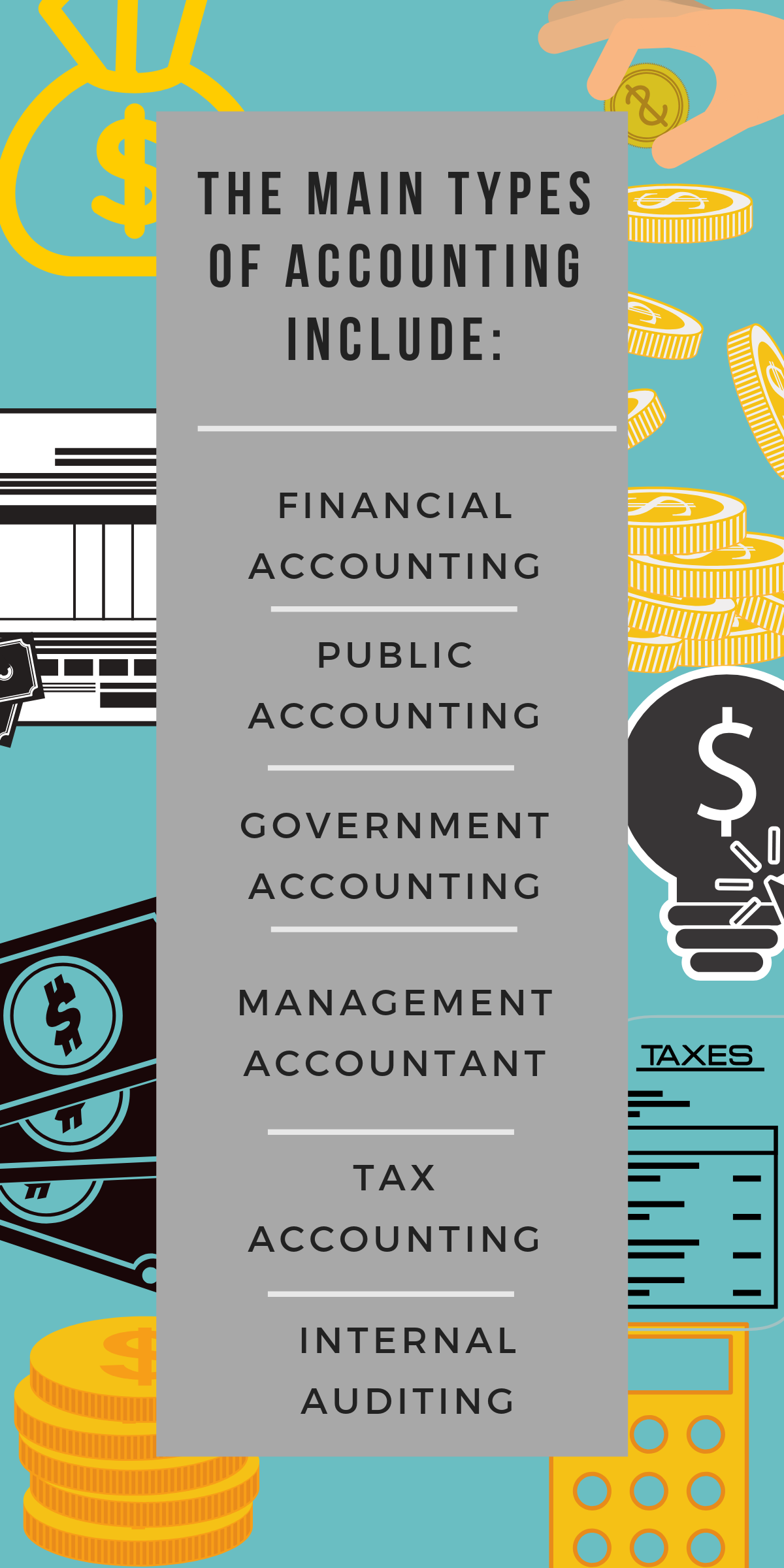
An accounting MBA is a track within a traditional MBA program that can typically require one to three years of study. Traditional MBA programs are available to students with one or less years of experience, including those who have just graduated from an undergraduate degree.
We note that accounting MBAs are “traditional” MBA programs, because the other form of MBAs (executive MBAs) do not often include concentration areas. This is because executive MBAs are typically for established professionals with 5 or more years of experience. These programs accelerate through the core areas of an MBA much more quickly and often do not include electives.
In an accounting MBA, you’ll start by completing a host of core courses that often don’t vary much between business schools.
Some of the most common core courses required in an MBA include the following:
- Marketing
- Strategy
- Financial Accounting
- Analytics for Business
- Economics for Business
- Statistics for Business
- Corporate Finance
- Operations or Supply Chain Management
- Global Business
- Leadership
Once students have progressed some way through their core courses, they generally begin on their concentration courses. Typically 3-5 courses are included within a focal area or concentration. Some business schools allow students to select from a list of courses to tailor their education, while others have a prescribed list of courses that must be taken for a concentration.
While concentration courses in accounting vary a great deal by the program, the following are common examples:
- Financial Reporting I
- Financial Reporting II
- Tax Factors in Business Decisions
- Financial Accounting
- Financial and Managerial Accounting
- Cost Management
- Financial Reporting and Business Analysis
- Accounting for Complex Financial Structures
- Financial Disclosure Analytics
Accounting MBAs are some of the most popular MBAs due to their versatility and the value they can provide entrepreneurs, managers, accountants, and those in a wide variety of administrator positions.
Think you might be interested in an accounting MBA? Be sure to check out MBACentral’s top picks for accounting (and related) MBA programs below:
- The Best Online Accounting MBA Degree Programs
- The Best Online Forensic Accounting MBA Degree Programs
- The Best Online Finance MBA Degree Programs
- The Best Online MBA Degree Programs
Still deciding? Be sure to continue down our guide to figure out what you can do with an accounting MBA as well as a number of related questions.
What Other Degrees Teach Accounting?
As with most subjects, there are a number of academic paths that may be pursued to gain mastery of the subject.
If you’re looking for graduate-level degrees that dive into accounting, the following are the most common options:
- Masters in Accounting
- Masters in Governmental Accounting
- Masters in Accounting and Financial Management
- Masters in Business Administration with Accounting Concentration
While all of these degrees can lead to working as an accountant, in a related field, or a manager, the focus areas of each degree are quite different.
Working our way through the above list in the order degrees appear, Masters in Accounting are the number one choice for students that specifically want to work as accountants. These degrees take care of the prerequisites for taking common accounting exams such as the CPA exam.
While Masters in Accounting degrees can be used for a variety of work roles outside of performing accounting tasks, they do not contain courses on other business disciplines, leadership, or management courses like some of the following degree types.
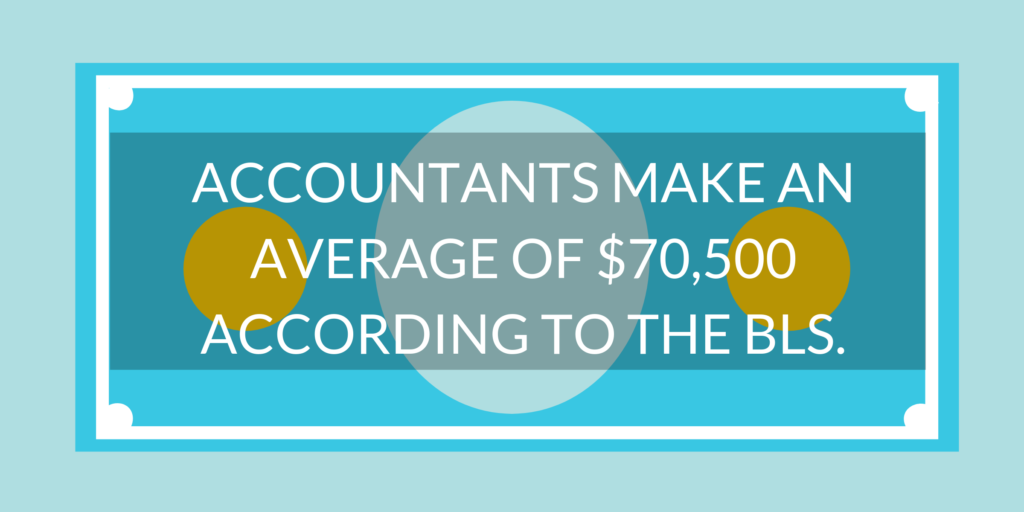
Masters in governmental accounting are often master’s in accountancy degrees (the same as mentioned in the previous section) with a concentration on public accounting. These degrees can prepare you for a CPA or a Certified Government Financial Manager exam (among others).
While the focus on accounting instead of management, leadership, or other business disciplines persists with this degree type, students are particularly well prepared to play accounting roles for large governmental bodies. These degrees are particularly helpful for advancing up the ladder in public accounting roles as governmental agencies often perform accounting substantially differently from private entities.
Masters in accounting and financial management have much of the same core accounting coursework as either of the degrees listed above. However, these degrees prepare students for a variety of high and personal finance roles as well. Certified financial advisors, financial analyst positions, and related roles are available to students that complete a masters in accounting and financial management. Compared to the previous two degrees, this degree path is a good bit more versatile, though doesn’t dive as deeply into accounting specific topics.
Finally, a masters in business administration with an accounting concentration is perhaps the most versatile of degrees discussed in this section. While you will dive fairly deeply into graduate-level accounting classes, this degree program is centered around gaining exposure to a wide variety of business disciplines at the graduate levels. Gaining an MBA still allows you to pursue a CPA as it will help you to fulfill the 150 credit hour prerequisite (particularly with an undergraduate degree in accounting or finance). Meanwhile, for students that would like to advance in other disciplines, the MBA covers those bases as well. In fact, among large corporations in America, the MBA is the most common graduate degree among C-Level executives.
Think you might be interested in an accounting MBA? Be sure to check out MBACentral’s top picks for accounting (and related) MBA programs below:
- The Best Online Accounting MBA Degree Programs
- The Best Online Forensic Accounting MBA Degree Programs
- The Best Online Finance MBA Degree Programs
- The Best Online MBA Degree Programs
Featured Schools
Can I Get An Accounting MBA Online?
In short, there are many ways to get your MBA in accounting online (fully online or in a hybrid program).
Traditionally, MBAs have been on the bleeding edge with program delivery. MBA students tend to lead busy lives and are often juggling work, family, and life expectations while attending school.
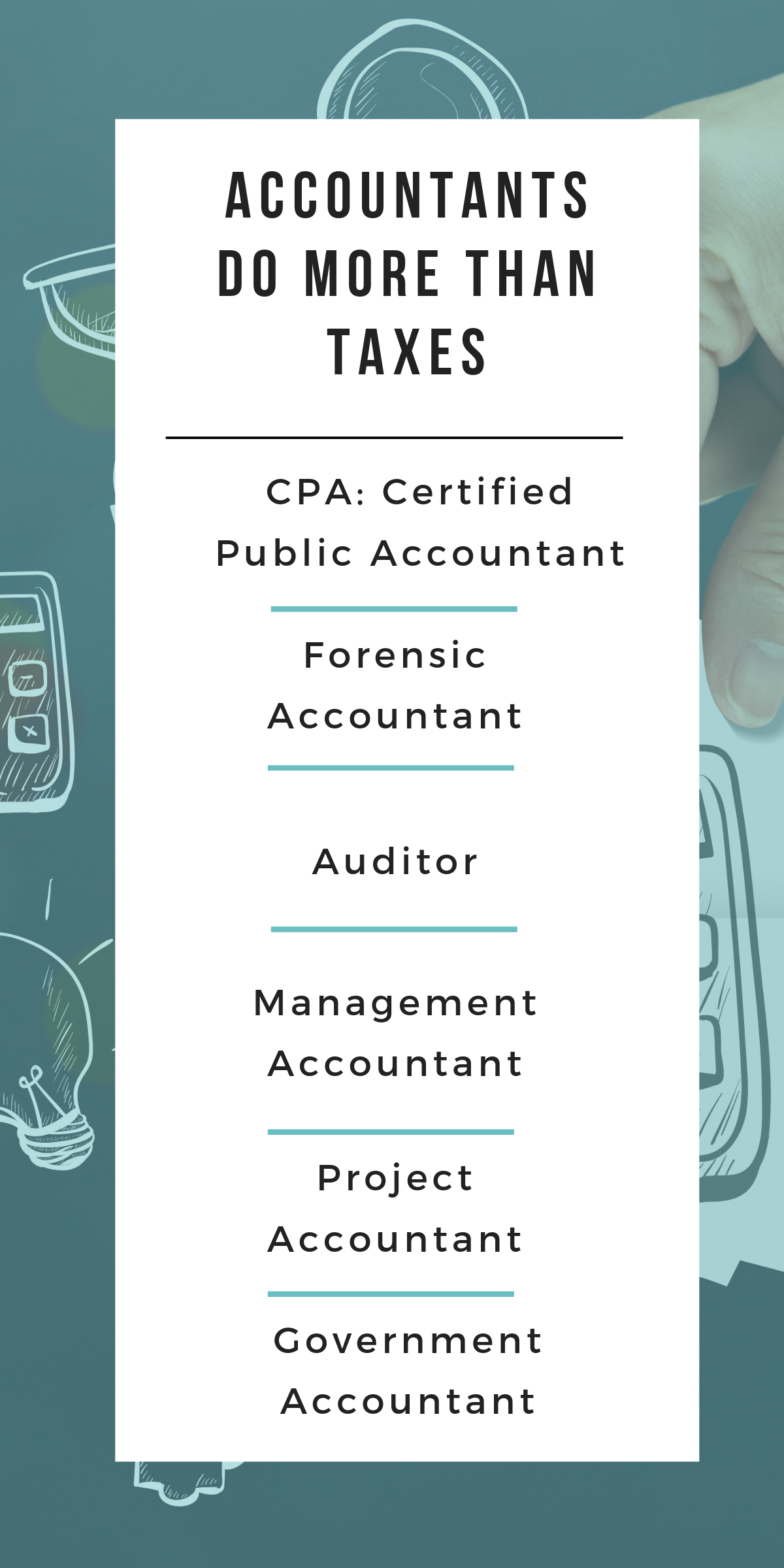
Business schools realize this and were among some of the first programs to offer distance education through tapes, corrospondance, and teleconferencing technologies. Today, nearly all distance courses have moved online, and offer a much wider range of support services.
While many, many students have excelled at online coursework, many MBA students have not taken an online course before. So you know what to expect, here is some basic terminology you need to know:
- Asynchronous courses aren’t “live.” You log in when you can and watch pre-recorded lectures. You’ll have due dates for assignments, and you will still communicate with classmates and professors, but it will be in the form of forums, chatrooms, and scheduled appointments. This is the most flexible type of online course, though many students feel it offers less support than more “traditional” options.
- Synchronous courses are online courses that are the most similar to traditional in-person educational opportunities. All students in the course log into an online portal at the same time for regularly scheduled classes. Students communicate in real time with professors and classmates. Though they can, of course, log in from anywhere with an internet connection.
- Hybrid degree programs offer some degree of online course programming, and some degree of in-person offerings. If you think you want a fully online degree, don’t let hybrid scare you away. Many hybrid programs just require 1-2 meet-ups per year. Of course, some hybrid programs require meet-ups on a more regular basis so be sure to inquire with a program that you are interested in to determine if it’s a good fit.
- Fully online degree programs do not require any in-person meetings. Oftentimes graduation ceremonies are even optional. While most programs require some on-campus meet-up (even just for orientation), some programs are truly 100% online. Be sure to look for the words “fully” or “100%” online to verify a program is completely online.
As you can likely tell, online education offers many benefits, but it’s not for everyone. Some students note that they feel like they don’t have as much support in online learning. Others note that it’s harder to make connections with classmates and professors.
Students that tend to love online education are self starters. They often note that online education can be much more flexible and often more affordable than in-person education.
Think you might be interested in an online accounting MBA? Be sure to check out MBACentral’s top picks for accounting (and related) MBA programs below:
- The Best Online Accounting MBA Degree Programs
- The Best Online Forensic Accounting MBA Degree Programs
- The Best Online Finance MBA Degree Programs
- The Best Online MBA Degree Programs
How Do I Gain Admission to an Accounting MBA?
To gain admission to an accounting MBA you’ll apply in much the same way that students apply to any concentration in an MBA program. The only accounting-specific aspect of your application process may be an extra series of essays or questions in your application packet that relates to your concentration choice.
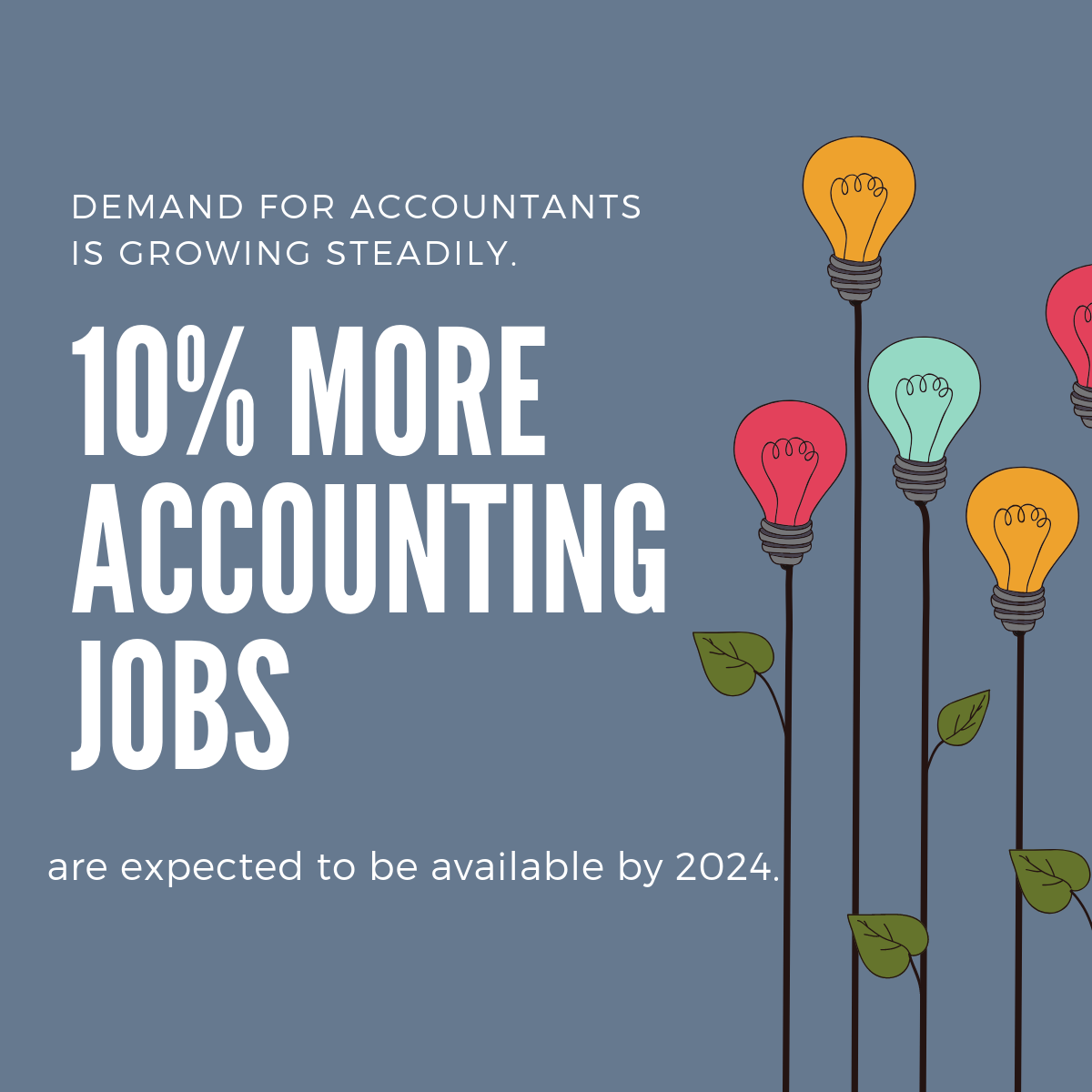
With this said, many MBA programs allow you to choose your concentration once you’ve already started on your program.
Components typically required in at some point in the admissions process for an MBA include the following:
- Undergraduate transcripts
- GMAT scores (if applicable)
- Letters of Recommendation
- A Resume
- Proof of ability to finance education
- Application essays and statement of purpose
We’ll walk through the above items one at a time. First, undergraduate transcripts are used to verify that you have obtained a baccelaureate degree from a regionally accredited institution. Some programs have minimum undergraduate GPA requirements. Most commonly this requirement is 3.0 or above. Though some highly competitive schools may require above a 3.5 GPA.
The GMAT has long been the standard test used for entry to business schools. This is still the case for many programs, though is changing. A wider and wider range of schools are allowing other graduate-level standardized tests or foregoing any standardized testing requirements for entry. To check out a list of the some of the top no-GMAT schools, be sure to look at our ranking of the best no-GMAT MBA degrees today.
Letters of recommendation are ways for you to validate work experience as well as provide additional facts that may not fit into other areas of the application. Perhaps you are known among your classmates or colleagues as a creative problem solver, or are good at working groups, or have many leadership qualities. This is where you can include those details.
A resume is often used to acquire a sense of where you are in your career. Some programs have a minimum number of years worked prerequisite. Others will use this to validate skills and add to a holistic view of an applicant.
Many schools require students to show proof of ability to finance their education. MBAs can be expensive, and programs don’t want students to drop out due to not knowing what they’re getting into beforehand. As a professional graduate degree, students to fill out the FAFSA (federal financial aid application) are eligible to take out up to the entire cost of attendance in federal student loans. Other routes to payment include self pay, scholarships, grants, and employer pay.
Finally, application essays and statements of purpose are required for nearly every MBA admission. This process will be familiar from undergraduate admissions for many students. This is a place to showcase your vision of how the degree will help you and why you will be a good candidate for a degree from the school.
Think you might be interested in an accounting MBA? Be sure to check out MBACentral’s top picks for accounting (and related) MBA programs below:
- The Best Online Accounting MBA Degree Programs
- The Best Online Forensic Accounting MBA Degree Programs
- The Best Online Finance MBA Degree Programs
- The Best Online MBA Degree Programs
What Can I Do With An Accounting MBA?
Finally, the question of the hour…
The short answer is that MBAs are incredibly versatile degrees. More MBA recipients hold CEO positions in major corporations than all other graduate degrees combined.
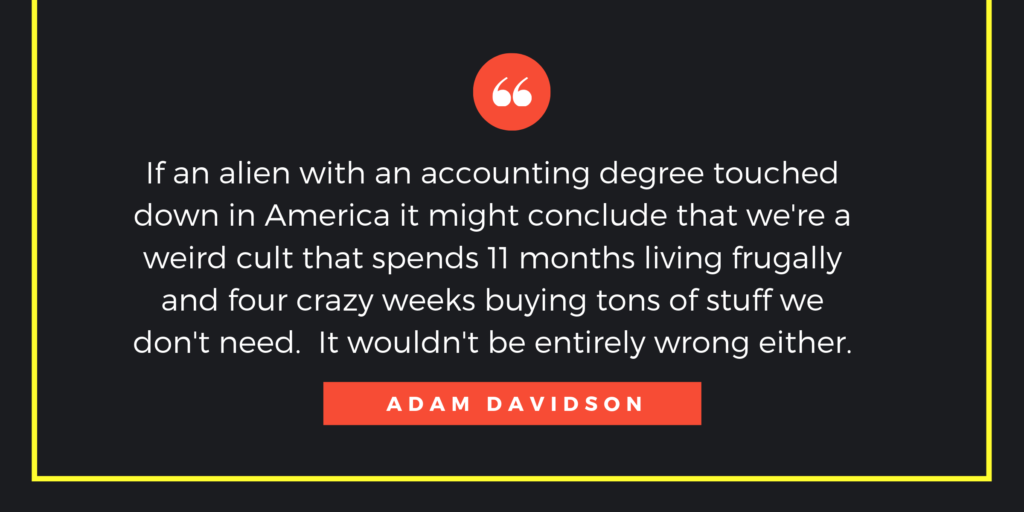
As you can imagine, this means MBAs populate roles all the way up organizational structures (not everyone can be CEO).
This is in part due to the range of business disciplines, as well as management and leadership courses that many students take in their MBA course of study.
However, for many students seeking a particular concentration within an MBA program, they want to know that they can advance in a role related to that concentration. In the case of accounting, we can definitively say that students can move directly into accounting and accounting management roles.
For students that already hold a CPA or related accounting certification, an MBA will provide additional experience with management and leadership.
For students that need an accounting certification, the MBA will help to fulfill the 150 credit hour prerequisite for sitting for the exam.
This means that some of the most common positions one can jump into out of an accounting MBA program include:
- Accountant
- Accounting Manager
- Comptroller
- Finance Manager
- And more
Accountants work in a variety of settings, from large governmental agencies to solopreneur jobs. Most commonly, accountants work for mid to large corporations, in their own small businesses, or in accounting roles.
Depending on the types of clients you bring on, accounting jobs can vary greatly. But general job responsibilities include:
- Preparation of financial statements
- Preparation of tax filing
- Educating team members about regulatory issues
- Strategizing with business leaders about maximizing efficiency and profit
- Performing audits when the numbers “don’t add up”
- Among other tasks
Salaries for accountants can vary greatly, but newly qualified CPAs make an average of $66,000 a year. By late career, this number averages at over $122,000. For large consulting firms, accountants can start at closer to $100,000 a year.
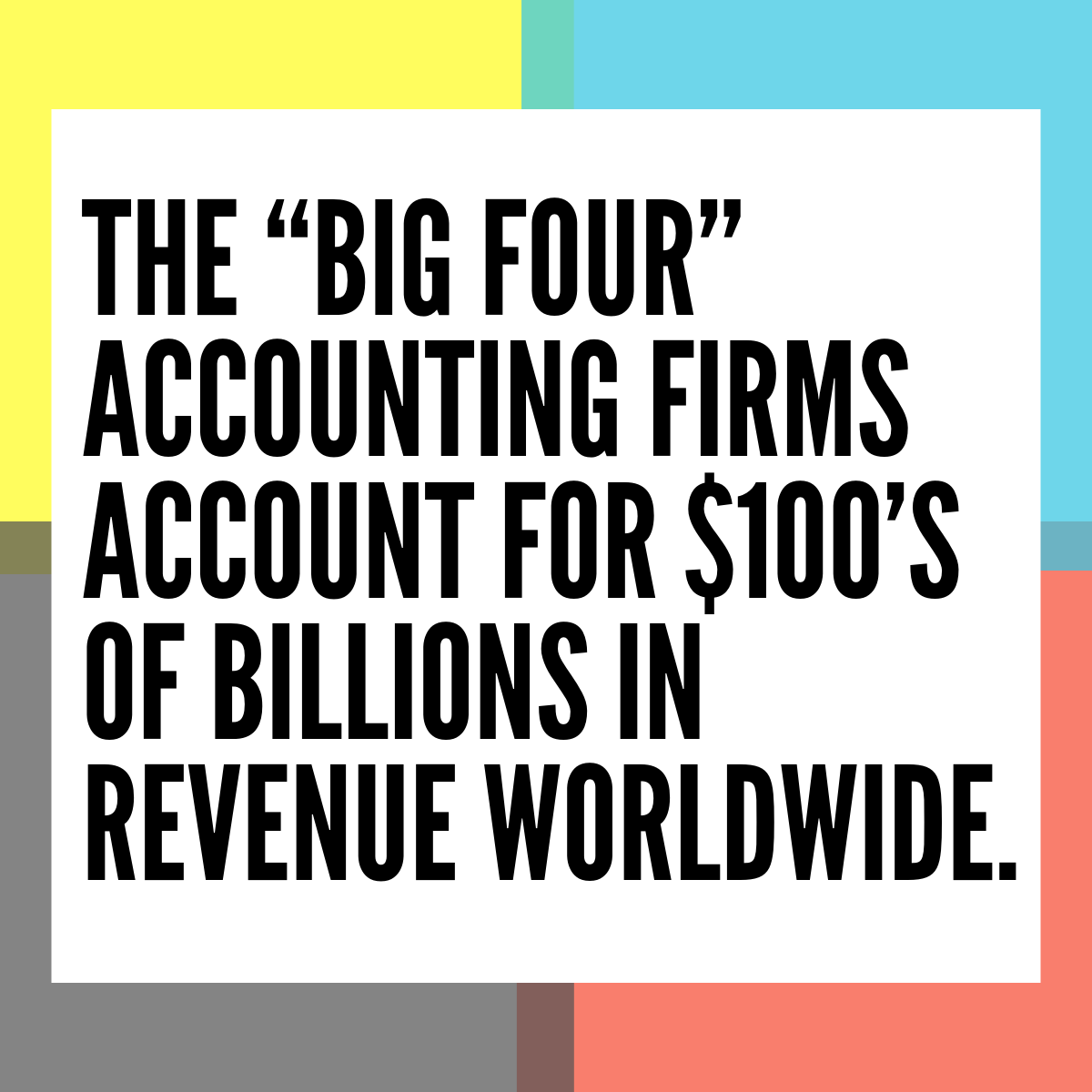
Accounting managers are present in all but the smallest accounting settings. Many work in tandem with human resources or upper management. They may in charge of payroll, accounting for a given program, or financial analysis for a corporation.
The most common tasks performed by accounting managers include:
- Establishing and enforcing best practices for accounting methods
- Monitoring accounting staff and analyzing final financial statement output
- Providing training and mentoring opportunities for staff to grow as professionals
- Complete annual, bi-annual, or quarterly audits
- Perform research and present recommendations to senior managers
- Among other tasks
The average salary for accounting managers is presently $103,368, though this number can vary widely depending on the setting in which you’re employed.
Comptroller positions are senior-level accounting and finance positions also commonly known as a controller, chief accounting officer, or finance controller.
Controllers are the senior most analyst and thought leader regarding budget analysis and reporting. Some of the job duties of comptroller positions include:
- Enacting and enforcing proper accounting principles
- Creating and forecasting new budgets under the direction of the chief financial officer
- Ensuring variances between budget forecasts and realities are properly documented and reported
- Providing senior level guidance on organizational finances
- Taking the final say on compliance and regulatory issues that affect an organization
- Ensuring end of month and end of year reporting is timely and accurate
- Facilitating the exchange of information between organizational units across organization
- Among other things
As you may have expected, this senior-level position offers good pay, and is often tapped to move up into chief finance officer (CFO) roles. The average salary for comptroller positions is at present $193,862. This number can vary quite significantly however, depending on the size of the organization being worked at.
Think you might be interested in an accounting MBA? Be sure to check out MBACentral’s top picks for accounting (and related) MBA programs below: